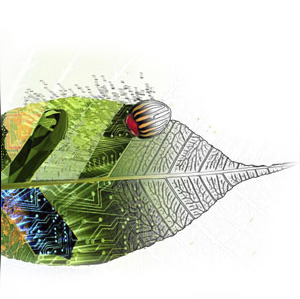
Volume 1, Issue 3
December 2008
Downloads

Volume 1, Issue 3.1
Editorial: The Impact of Productive Tensions Between Policy and Practice on Creativity in Education
Author: Dr Pamela Burnard University of Cambridge, UK

Volume 1, Issue 3.2
Way Finding: the Formation of Trust and Understanding in New Partnerships
Author: Teresa Dillon

Volume 1, Issue 3.3
Trusteeship, Wisdom and the Creative Future of Education
Author: Professor Anna Craft, University of Exeter and The Open University

Volume 1, Issue 3.4
Making Space for Creativity: How Teachers and School Leaders in England Navigate Mixed Policy Messages
Author: Pat Cochrane CEO, CapeUK

Volume 1, Issue 3.5
Researching Education through Embodied Knowledge: MA Students’ Practice-Based Dissertations
Author: Dr Nicholas Addison University of London, UK

Volume 1, Issue 3.6
Towards Humanising Creativity?
Author: Dr Kerry Chappell, University of Exeter, UK

Volume 1, Issue 3.7
Adaptive Environments as Creative Spaces: Theoretical Developments and Educational Applications
Authors: Professor Patrick Dillon, University of Joensuu, Finland; Daria Loi, Intel Corporation, USA

Volume 1, Issue 3.8
From Vaporousness to Visibility: What Might Evidence of Creativity Capacity Building Actually Look Like?
Authors:Professor Erica McWilliam, Dr Shane Dawson and Dr Jennifer Pei-Ling Tan, Queensland University of Technology
The idea is that in focusing an issue on a series of articles where the critical role of policy-practice in arts education is closely examined, this issue will extend in important ways the concept of ‘discourses’ using both empirical and conceptual arguments from authors who are involved in inter- or trans-disciplinary research, as it relates to the broad fields of arts and artist practice, creative partnerships, and innovative learning environments. Exploring how arts educators negotiate, combine, and account for their own trajectories and territories helps to illuminate some of the more shadowy and controversial spaces within this very crowded arena of educational policy and practice.



















